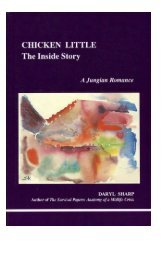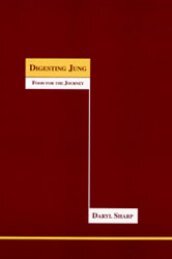Personality types: Jung's model of typology - Inner City Books
Personality types: Jung's model of typology - Inner City Books
Personality types: Jung's model of typology - Inner City Books
- No tags were found...
Create successful ePaper yourself
Turn your PDF publications into a flip-book with our unique Google optimized e-Paper software.
26 Introduction to Jungian Typologyject, the other finds the determining agency in the subject.Jung expressed appreciation for both points <strong>of</strong> view:The Freudian theory is attractively simple, so much so that italmost pains one if anybody drives in the wedge <strong>of</strong> a contraryassertion. But the same is true <strong>of</strong> Adler's theory. It too is <strong>of</strong> illuminatingsimplicity and explains as much as the Freudiantheory. . . . But how comes it that each invest-igator sees onlyone side, and why does each maintain that he has the onlyvalid view? . . . Both are obviously work-ing with the samematerial; but because <strong>of</strong> personal peculi-arities they each seethings from a different angle. 20Jung concluded that these "personal peculiarities" were infact due to typological differences: Freud's system was predominantlyextraverted, while Adler's was introverted. 21These fundamentally opposite attitude <strong>types</strong> are found inboth sexes and at all levels <strong>of</strong> society. They are not a matter <strong>of</strong>conscious choice or inheritance or education. Their occurrenceis a general phenomenon having an apparently randomdistribution.Two children in the same family may even be <strong>of</strong> opposite<strong>types</strong>. "Ultimately," writes Jung, "it must be the individualdisposition which decides whether [one] will belong to this orthat type." 22 In fact, he believed the type antithesis was due tosome unconscious, instinctive cause, for which there waslikely a biological foundation:There are in nature two fundamentally different modes <strong>of</strong> adaptationwhich ensure the continued existence <strong>of</strong> the livingorganism. The one consists in a high rate <strong>of</strong> fertility, with low20 Two Essays, CW 7, pars. 56f.21 Von Franz distinguishes between Freud's psychological system and hispersonal <strong>typology</strong>. Freud himself, she believes, was an introverted feelingtype, "and therefore his writings bear the characteristics <strong>of</strong> his inferiorextraverted thinking." (<strong>Jung's</strong> Typology, p. 49)22 Psychological Types, CW 6, par. 560.










